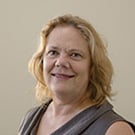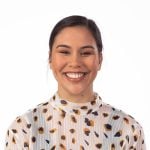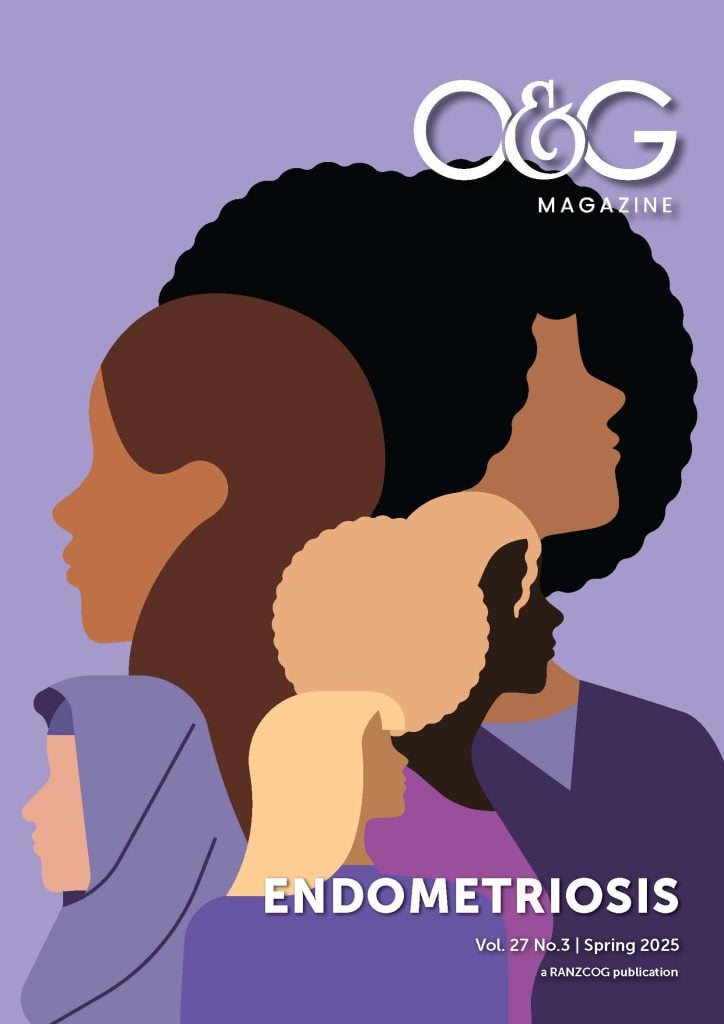As we reflect on the past year, the mahi (work) of He Hono Wāhine has continued to grow in both depth and impact. Our commitment to improving outcomes for wāhine Māori and advancing cultural safety across the Royal Australian and New Zealand College of Obstetricians and Gynaecologists (RANZCOG) has driven several key achievements.
A central focus this year has been the implementation of the updated Te Rautaki Māori me te Ara Whakamua 2024–2026. This rautaki (strategy) guides RANZCOG’s efforts across three interconnected areas: Wāhine Māori, Members, and Organisation. In 2024-2025 we continued to act, achieving milestones that strengthen equity in measurable ways.
One of our proudest accomplishments has been completion of research into Māori experiences of FRANZCOG training to develop recommendations. A vital step in supporting both current and future Māori trainees, aiding in recruitment and retention of a Māori O&G workforce. You can read more about this research in the previous edition of O&G Magazine, themed ‘The Vulva.’
He Hono Wāhine continues to prioritise support for Māori trainees with a standing agenda item dedicated to their wellbeing. This ensures Māori trainees feel seen, valued, and connected throughout their training journey. In response to recommendations from our recent research, we are exploring the development of a Kaiāwhina role — a dedicated support person to help Māori trainees navigate cultural load and unsafe environments. Representation within RANZCOG continues to grow. In the 2024 FRANZCOG intake, 24% of incoming trainees in Aoteoroa New Zealand identified as Māori, a promising indication that targeted recruitment, outreach at Te the Māori Medical Practitioners Association (Te ORA) and Te Oranga conferences, and improvements to the selection process continue to evolve to meet the needs of all applicants.
Cultural safety remains a central theme across our work. In 2025, we made significant progress on the development of a cultural safety self-reflection tool for Fellows and trainees. This resource will help members critically assess their own practice and challenge the biases and assumptions that can compromise culturally safe, respectful care. This work has also been progressed by the First Nations Women’s Health Committee in Australia.
We’ve continued to embed cultural safety into the FRANZCOG curriculum, examinations, and Continuing Professional Development (CPD), working in close partnership with the University of Otago’s Māori Indigenous Health Innovation (MIHI) Department. All Specialist International Medical Graduates (SIMGs) can complete the Otago University MIHI401 and MIHI501 cultural competence course throughout the vocational registration process in Aotearoa. At the same time, Fellows and training supervisors are expected to refresh their cultural safety education every three years.
This year also marked a historical moment for RANZCOG: my election to the RANZCOG Board for the 14th Council — the first time an Indigenous person has held this position. While this milestone is not about one individual, it represents an important step forward for Māori and First Nations representation in College leadership. It also reflects a growing recognition that Indigenous voices are essential to shaping the future of our profession and ensuring the College reflects the communities it serves.
He Hono Wāhine also deepened our trans-Tasman connections. Members of He Hono Wāhine and the First Nations Women’s Health Committee in Australia gathered at the Pacific Region Indigenous Doctors Congress (PRIDoC) 2024 conference to share insights and ways to support each other in navigating cultural load experiences. Our ongoing relationships with Te ORA and the Australian Indigenous Doctors’ Association (AIDA) continue to provide guidance, strengthen partnerships, and ensure our work is grounded in culture.
While we are proud of our achievements over the past year, we recognise there is still much more to do. We will continue our advocacy for equitable health outcomes for wāhine Māori, and building on the foundations already laid—from supporting culturally safe hospital training environments, to increasing kaupapa Māori research opportunities and amplifying patient voices through lived-experience storytelling.
“He Hono Wāhine exists because equity for wāhine Māori cannot be left to chance; it must be designed into our systems, supported by our workforce, and embedded in our culture.”
This work is not only about transforming outcomes for Māori, but also about building a more equitable, safer, and more inclusive system that benefits all women and their whānau.
My sincere thanks to all the members of He Hono Wāhine, our colleagues across RANZCOG, and our many partners who walk alongside us. Together, we are shifting the dial toward true equity in women’s health.







Leave a Reply